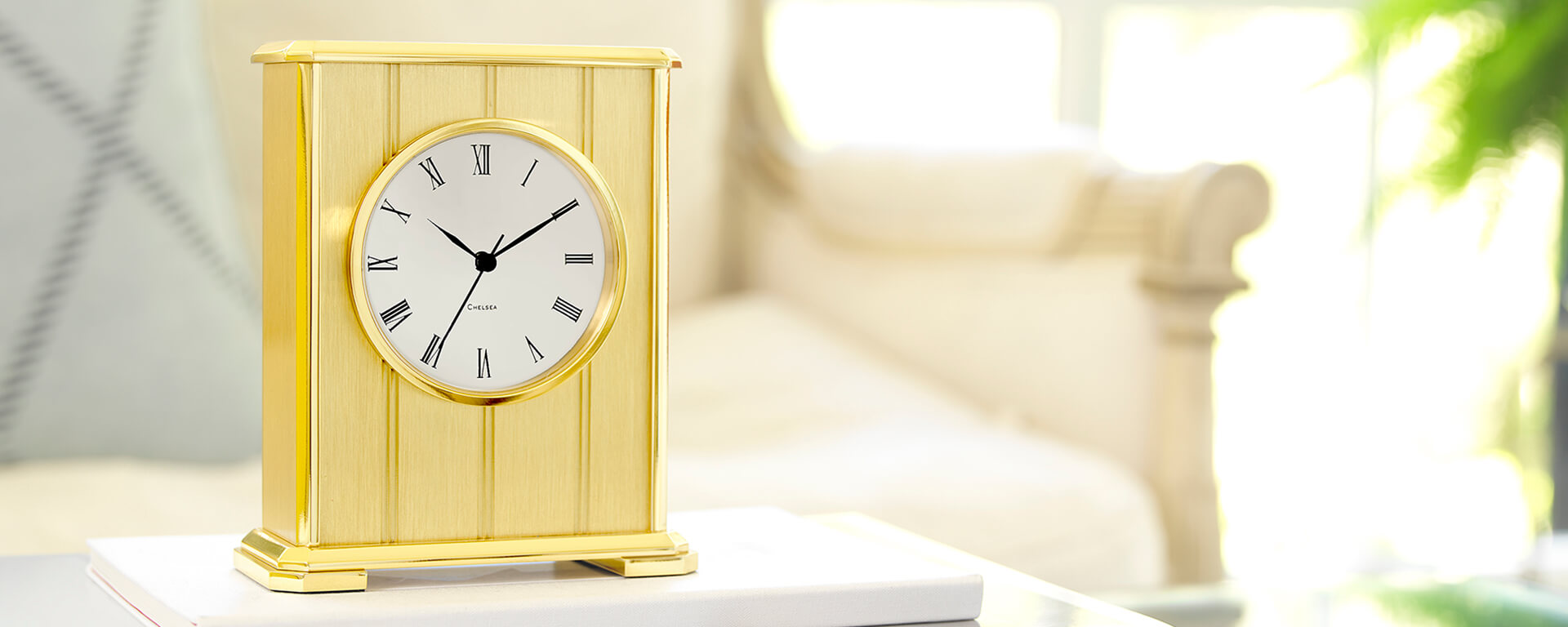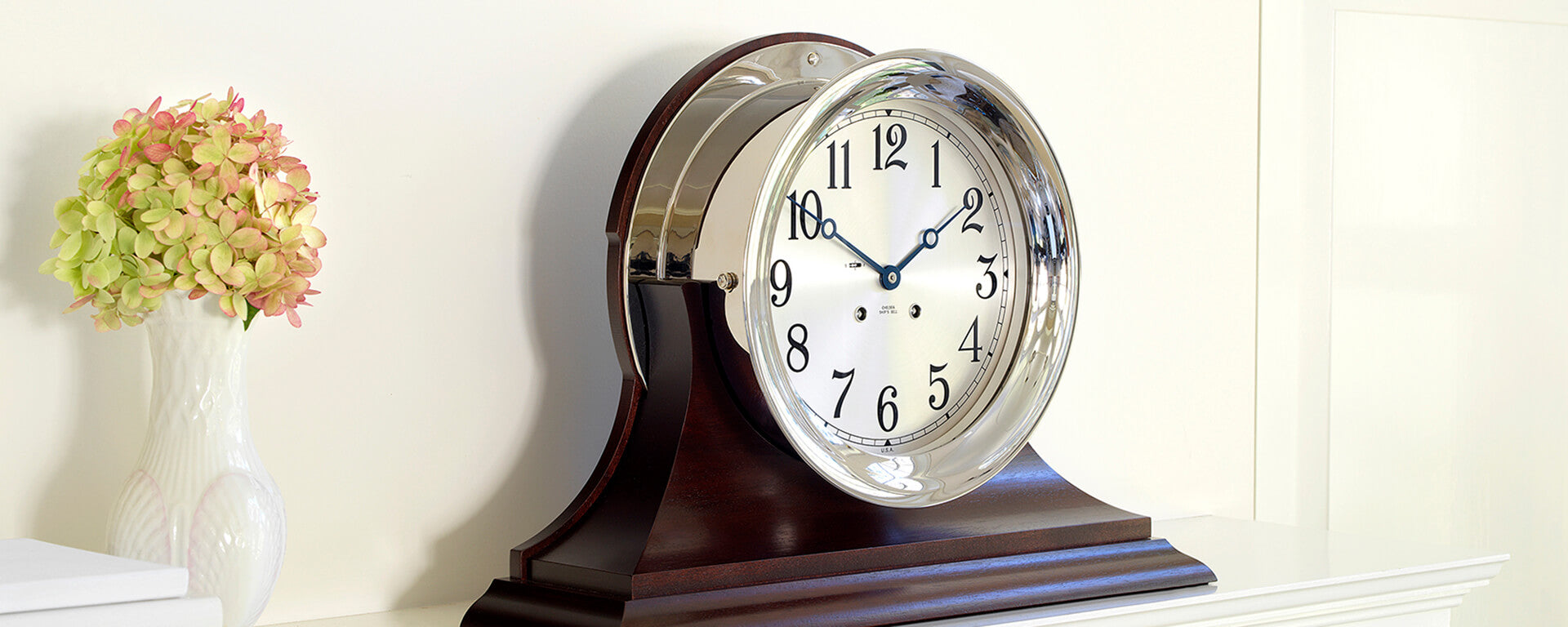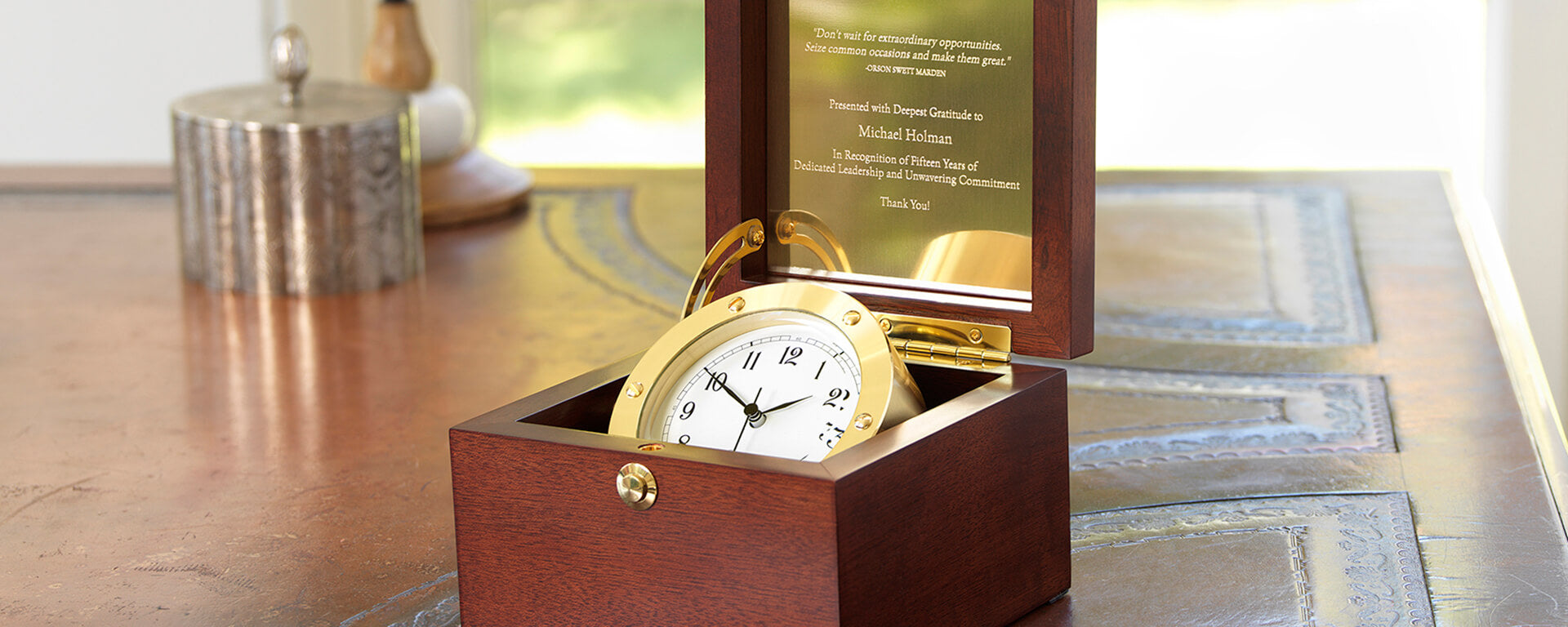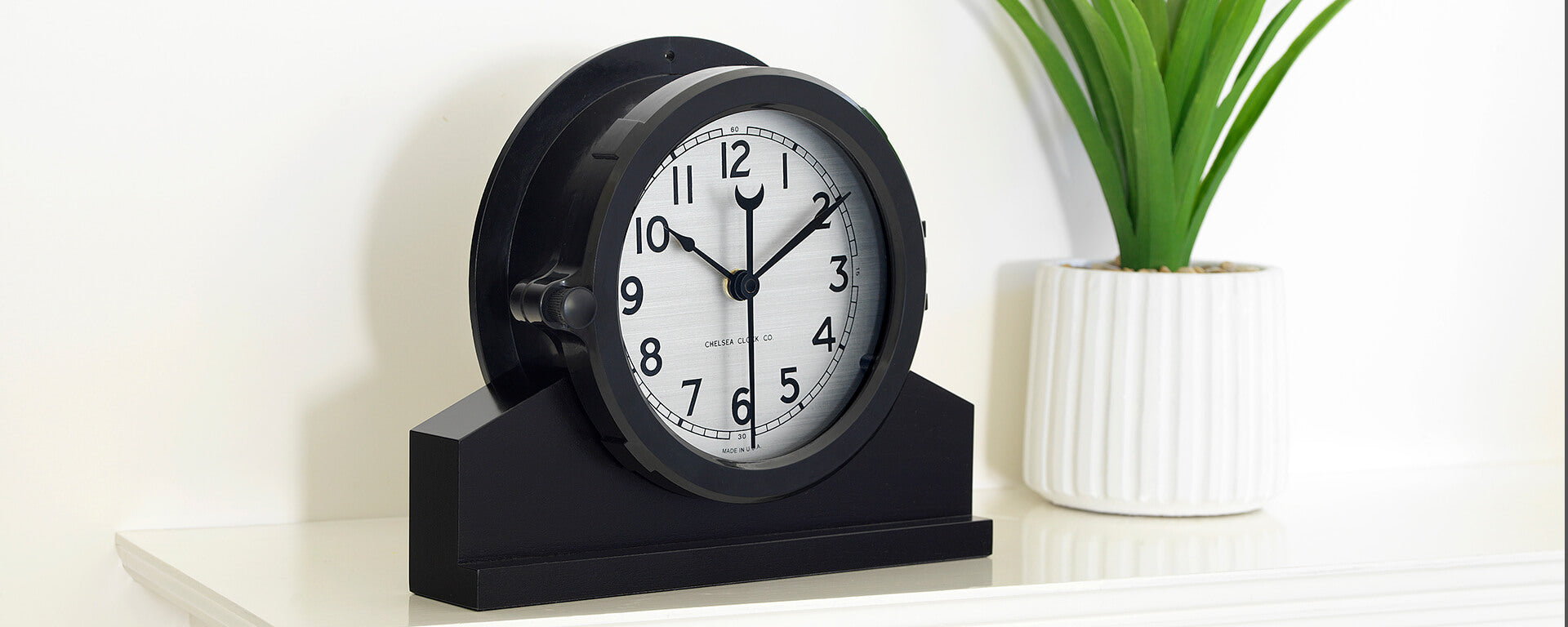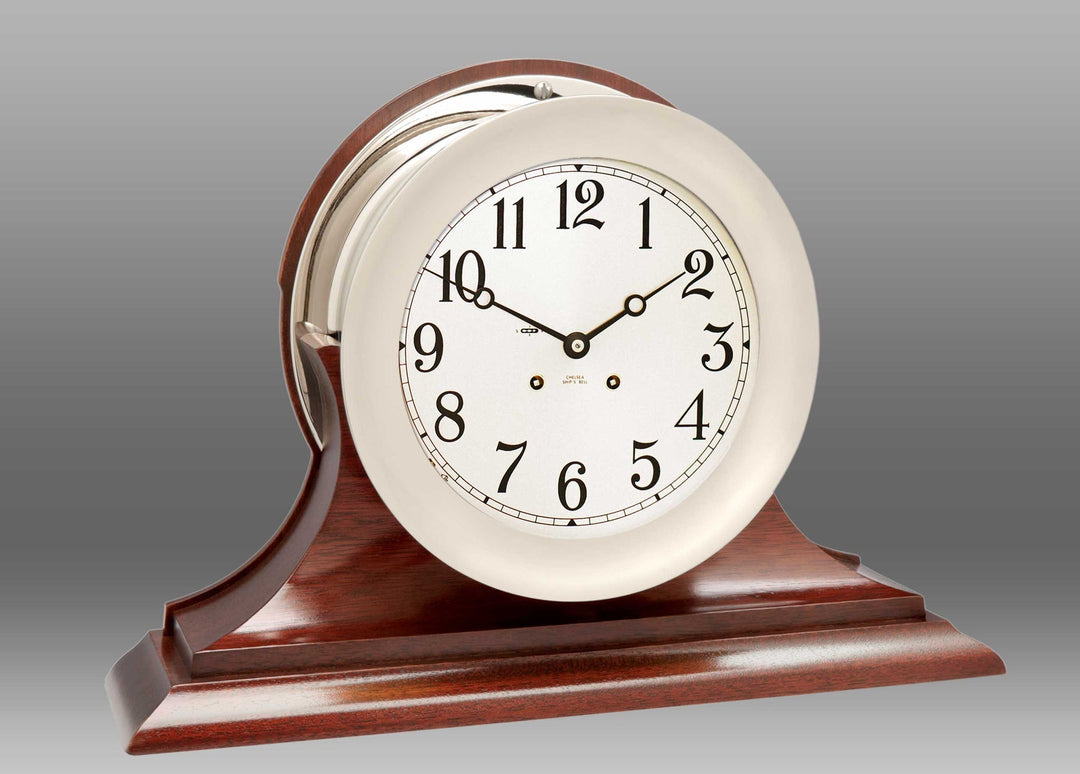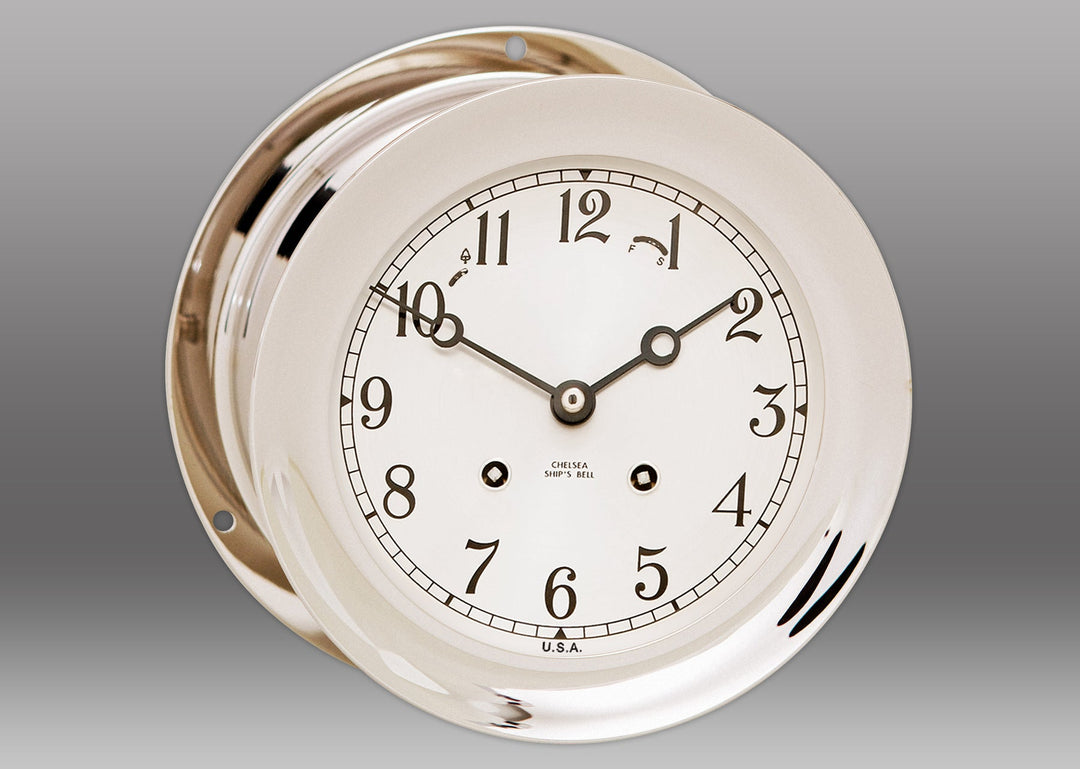Some Amazing Facts About Clocks - Clock Trivia
If you’re like most people, you look at and use clocks every day. They help you stay on task and get to where you need to go on time. You probably don’t think much about the inner workings of your clocks, which our master clockmakers would agree is a shame.
Interesting Facts About Clocks
People have been keeping track of time for thousands of years, but they haven’t been doing it with the same luxury and precision as we do today. Sun dials are considered to be some of the earliest clocks that were used, and the industry has progressed from there. Educate yourself and impress friends with some facts about clocks that you may not have known.
1. There is a clock so accurate that it won’t gain or lose a second in 20 million years. It is an atomic clock that has been named the NIST-F1 Cesium Fountain Clock. Created by the National Institute of Standards and Technology in Colorado, it’s used for internet time because it is so precise.
2. The oldest working mechanical clock dates back to 1386 and is the Salisbury Cathedral Clock, located in Salisbury, England.
3. The time zones in the U.S. that we know today were established in 1883 by the railroad industry. Before that, every town used the sunrise and a central clock to keep track of time. Since there were no standards and every town was different, it made scheduling trains incredibly challenging. Once the railroad time standards were set, towns across the nation were happy to adopt them.

4. You may be familiar with Big Ben in England, but did you know that’s not the clock’s official name? The clock has five bells inside, and that’s the name of the largest of those bells.
5. In an effort to simplify time in 1793, France once adopted a decimal clock that only had 10 hours in a day. Instead of there being 60 minutes in an hour and 60 seconds in a minute, they changed those measurements to 100 minutes per hour and 100 seconds per minute. The goal was to make time-related math easier — and it did. But the new way of keeping time didn’t catch on, mainly because it’s hard to break people of old habits.
Keeping Clocks Modern
Keeping track of the time is an important aspect of human nature. It ensures that we get to meetings and other important events when we need to be there. When it comes to keeping track of your time, make sure you have a timepiece that meets your sophisticated standards.
At Chelsea Clock, we have a wide variety of clocks that express modern and traditional styles. You’re sure to find the right clock that will add style to your home or office and keep you running on time.


